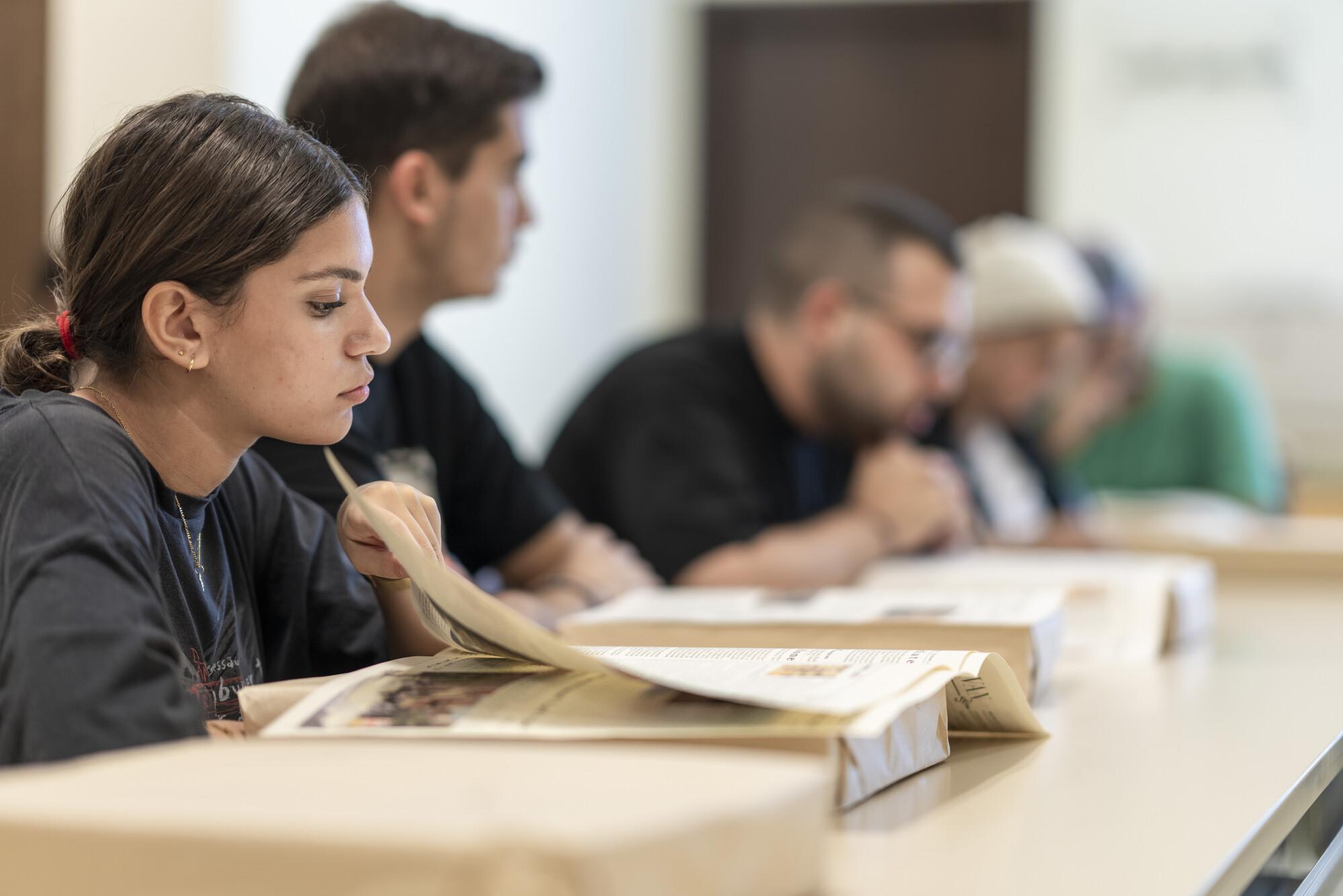The Intersectionality of Gender and Migration
About the Course
This course provides migration scholars and practitioners with a unique opportunity to explore post-colonial feminist approaches and contributions to the field of migration. The primary objective is to foster an in-depth understanding of the significance of examining migrant experiences through a gender lens, including pre and post-migration contexts. Key concepts to be covered in the course include gender and feminism, gender and sexual-based violence and feminist methodologies and analysis. In addition, the course will delve into key thematic areas examining how gender and power dynamics intersect within migration processes. Through short lectures, videos, class discussions, case studies, and group activities, participants will be able to analyze the gender roles and dynamics within the migration processes and reflect on the policy implications of gender on the lived experiences of migrants and refugees. This interdisciplinary course encourages critical thinking, nuanced understanding, and informed practice.
Duration
February 23 - 27, 2025
About the Instructor
Amira Ahmed is both a scholar and practitioner in the areas of diaspora engagement, migration, refugees, and gender and human trafficking. Ahmed is an assistant professor who currently works at The American University in Cairo where she teaches both graduate and undergraduate courses in the fields of sociology, anthropology, community development and migration; she also leads the research project: “Traces of mobility, violence and solidarity: Reconceptualizing cultural heritage through the lens of migration”. Ahmed also worked with leading humanitarian/development organizations such as UN-IOM in Jordan and Egypt and IFRC in Switzerland. Recent publication includes: “From “Brothers and Sisters” to "Undesired Refugees"’: How the Neighboring Countries Respond to Refugee Crisis in the Global South?” published by the German Orient-Institute.
